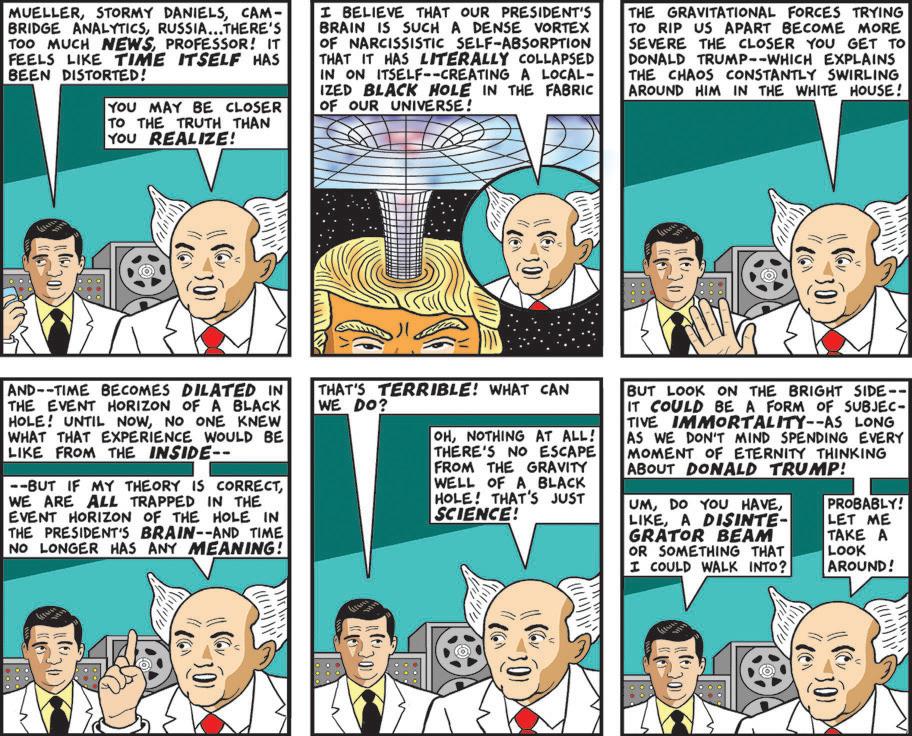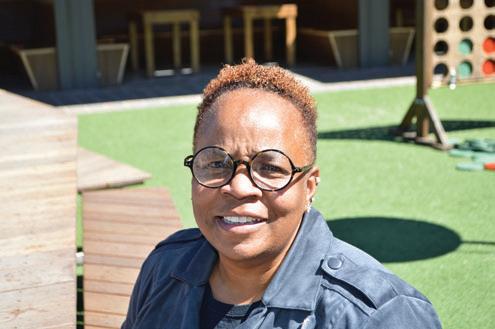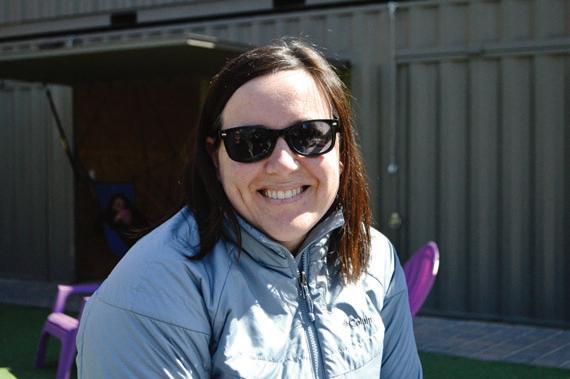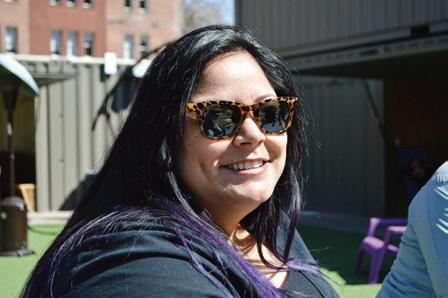
3 minute read
OpiNiON/sTrEETalk
from March 29, 2018


Advertisement


Start early
A few years ago a small boy of our acquaintance started eating Total cereal for breakfast because there were these television commercials that told him that one bowl of Total equaled X-number bowls of other cereals. The poor kid choked down a bowl of the stuff each day (“like chewing a vitamin pill rather than cereal,” as one website describes it).
What the boy did not know at the time was that the commercials were of dubious credibility. In one case, a challenge from Quaker Oats and questions by the American Broadcasting Company forced Total to change one of those commercials.
If these kinds of things can be disillusioning for children, they are also occasions for learning. This is a world in which the claims of toy companies and presidential candidates should be policed. At one time, the State of Nevada published a comparison of insurance policies that was so valuable to consumers that insurance lobbyists got it stopped. Today, factchecking sites scrutinize the claims of politicians and other public figures. Last week, the urban myth site Snopes answered the unbelievable question, “Did A GOP Lawmaker Report a High School Student for Cursing Over Gun Safety?”
There is an additional and essential way. At a gathering of local independent media in Reno on March 15, there was considerable discussion of media literacy classes, which teach students to approach information skeptically and to scrutinize claims of people and entities. Northern Nevada Business Press publisher Kirsten McGregor, among others, emphasized the importance of starting media literacy classes early.
In 2007, we quoted author Douglas Rushkoff, who as a media consultant practiced some of the techniques of manipulation. “The United States is the only developed nation in the world that does not mandate media literacy as part of its public-school curriculum,” he wrote. Those techniques, he wrote, “are rapidly spreading from the sales floor and the television screen to almost every other aspect of our daily experience.”
At that time, the Washoe County School District told us media literacy was not taught until middle and high schools. That has not changed, according to the WCSD. Nor is media literacy taught in a standalone class. Rather, it is slipped in during things like computer instruction, library briefings and languages. That’s fine—in fact, ideal—as demonstrations of the problem, but it is not a substitute for an early standalone class.
In an editorial 11 years ago, we said, “Manipulation is aimed at small children by … comic books, video arcades and a whole host of other influences. By middle school, patterns of thought may already be set.”
We still think that is the case.
Public relations techniques are dangerous, and the public needs a defense from them. They are used to manipulate, cheat, even kill, as the second Bush administration’s WMD campaign for war showed. They become more refined and dangerous all the time, and the schools system needs to stay ahead of them. Ω

What makes you laugh?
asked at tHe eddy, 16 s. sierra st.
Cassandra LittLe
Life coach I laugh a lot, usually with friends—silly jokes. Kids really make me laugh, because they’re so open-hearted, free, say what’s on their minds, uncensored, authentic.
axeL Heekin
Student/server Probably the biggest one would just be word play, honestly. And not so clever word play, too— that can be good, just like stupid puns and stuff. You know what I mean?
Merritt WiLburn
Student/server For me, number one is definitely watching people fail—like those fail videos. That’s the numberone thing that just kills me. Watching someone, like, fall off of a bike and knowing that they’re OK is pretty funny. I don’t know why.
MiCHeLLe GLipa
State worker People singing the wrong song lyrics, like, very wrong song lyrics. “Hold me closer, Tony Danza.”
CHris Zanardi
Educator I think it’s really inappropriate, but I think when little kids quote adults—in an adult context—but they’re saying it, and it’s actually being used in the correct context. When they’re using it, if their delivery and their timing is so perfect, and you’re just like, “Oh, my god, that is so funny.”










